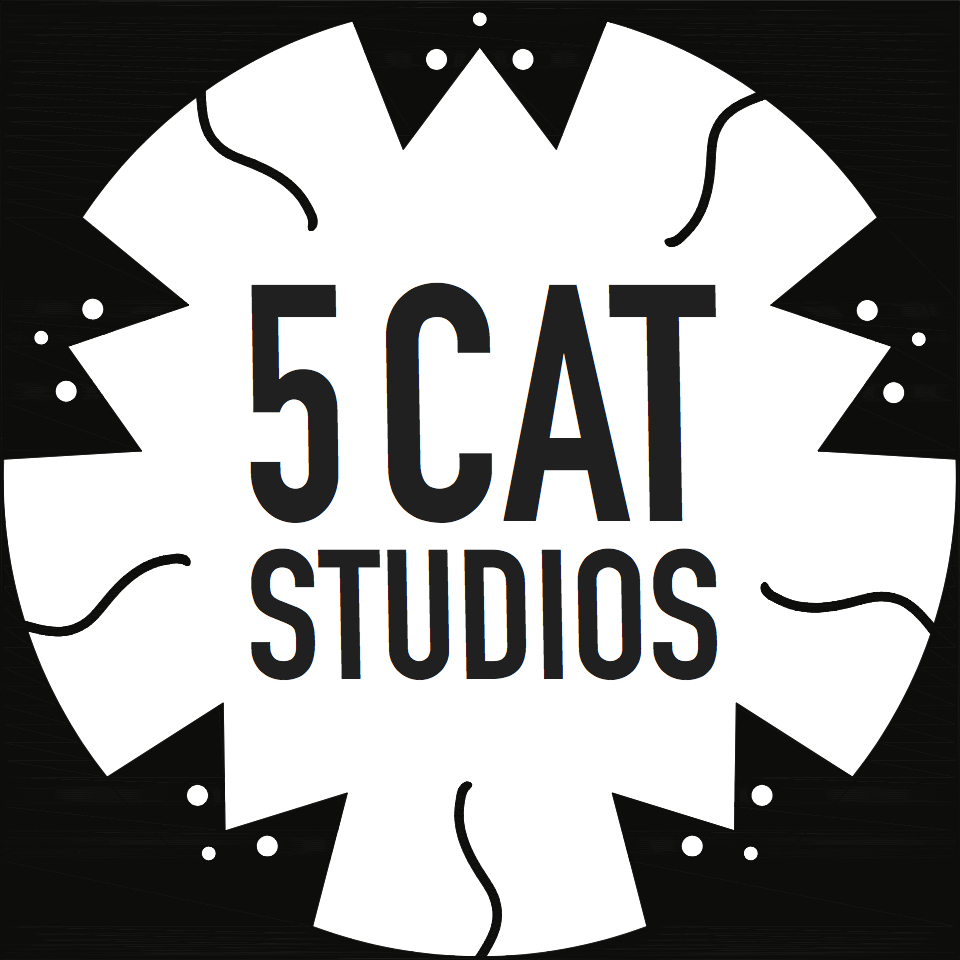
MFA Screen Scoring: Internship Prep
It is that time of year when the second year composers are gearing up for the semester in L.A. after the Chicago coursework has concluded. Preparing for the internships is not so different from preparing to apply to the program in general, and all of the major concepts about presenting yourself apply to both. In this Blog I will talk about the process of preparing for the internship and how it relates to applying for school or anything else in this field!
Before any potential internship hosts could be reached out to, all of us had to make sure our websites were in tip top shape and that we had presentable materials to send out such as a bio written in first person, a resume, a high quality headshot, and a curated set of pieces/tracks that can be tailored individually to each potential host.
Since I feel like normally it is customary to write bios in third person it was a real challenge to write about myself in that way. In a sense, you can kind of hide behind the words when you are writing in third person, but in first person you have to take ownership of all of the stuff you are writing about yourself. Another challenge about writing bios in general is to distill the information down to its most basic form so that whoever reads it gets everything they need to know in clear/concise manner. Bios also need to be inviting and they should give the reader a sense of who you are as a person (and in this case, as a musician/composer as well). This becomes extremely important when you are unable to meet the intended person first and have a conversation with them.
Making a resume is usually different than a bio. In a resume it is advantageous to put every bit of relevant experience that you have, even if it is non-musical. Non-musical within reason of course, a McDonalds job might not exactly be relevant job experience if you are going for something musical, unless you were a shift manager who was in charge of managing people and money. Bottom line, a resume is a place where you want to list all of your abilities, schooling, and related work experience in detail. A resume for something like school might also include relevant coursework as well.
The fun part about preparing for the internship outreach was selecting tracks that represented our best work and represented us as composers. It was also more challenging than you may think since you had to narrow down your voice into a select few tracks that would not only attract potential intern hosts but also are an authentic representation of yourself. I think that last part is the most important thing to keep in mind when selecting tracks for internships and for applying to school alike, authenticity. As long as you are putting your best authentic foot forward with music that truly represents you and what you are passionate about, you have the best shot!
Finally, I want to highlight a bit of success from one of the composers in my year who has mastered the concepts I was talking about in my last blog about networking, which led to an absolute dream internship at 5Cat Studios with Batu Sener (Columbia ’14), Anthony Willis, and none other than John Powell. The importance of networking can’t be understated in this business especially because while it is fiercely competitive, it is actually remarkably small. The “it’s who you know” statement is so true but also equally important (maybe even more so) does that person know you? Is that person familiar with who you are and what you offer? Make all of your interactions with people count, you never know who is paying attention and remembers you!
You can also listen to a selection of some of the tracks we all picked to put in our internship profiles! I hope this blog was helpful in some way, thanks for reading!
